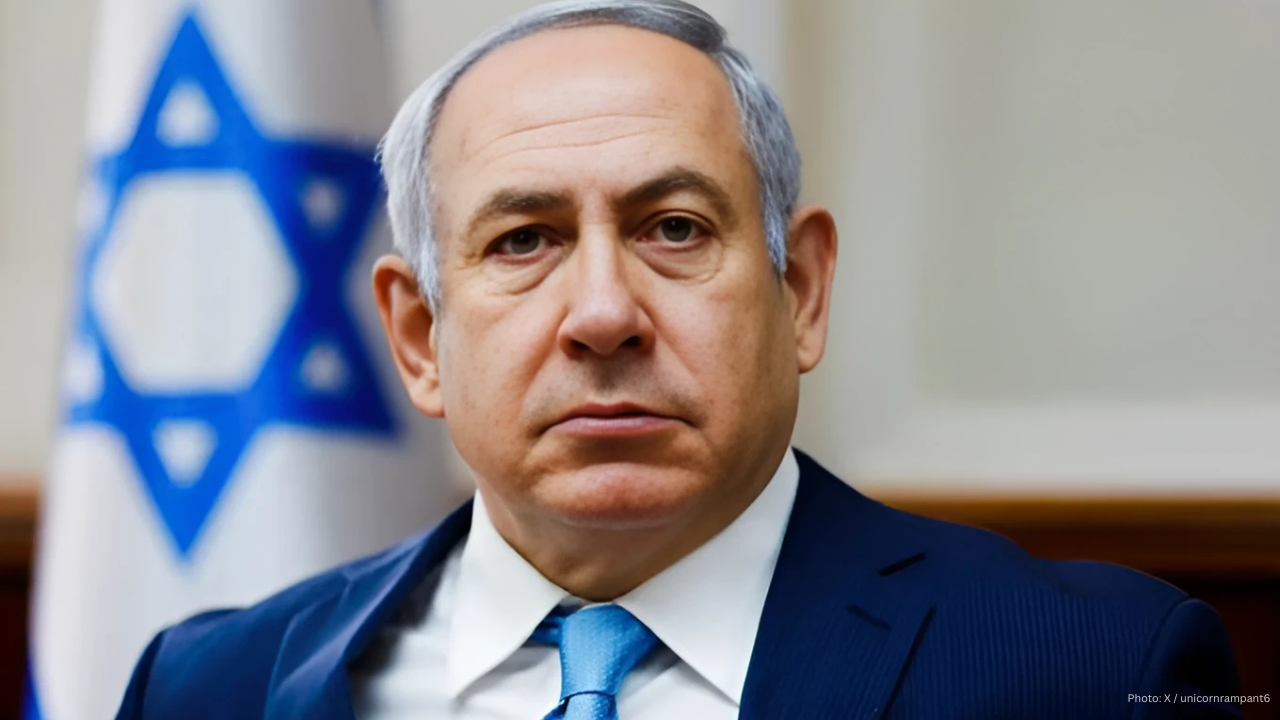
Post by : Naveen Mittal
From Madrid to Brussels, large-scale protests have lit up public squares over Israel’s war on Gaza. Across culture, sport, trade, and diplomacy, ordinary people are demanding action. Their voices are pushing European leaders to respond—but there’s growing debate: are these demands converting into meaningful change, or simply giving governments pressure outlets without delivering real policy shifts?
In the Al Jazeera episode titled “Will Europe Boycott Israel?”, speakers explore whether Europe is moving from rhetoric to action. Public sentiment is clearly in motion—protests, outrage, calls for sanctions, and greater recognition of Palestine. But is the momentum strong enough to change how Europe interacts with Israel on trade, diplomacy, and international law?
Some European politicians are discussing recognition of Palestinian statehood as a diplomatic move, arguing this would signal support while also placing moral and political pressure on Israel.
Others are suggesting sanctions, trade restrictions, or withholding official support for certain agreements. But many warn these measures must be carefully calibrated to avoid unintended consequences, especially where civilian welfare, humanitarian access, or regional stability are involved.
A recurring theme in the discussion: many of the proposed steps may serve more as symbolic gestures than structural changes. In other words, actions taken might help ease domestic pressure—protests, public demands—but stop short of drastic policy change. Some analysts believe that unless Europe collectively agrees on enforceable measures, rhetoric will remain just that—rhetoric.
Division within Europe: Different countries have varying political, historical, and economic ties with Israel. What is acceptable or possible for one government may not be for another.
Risk of backfire: Boycotts or sanctions, if perceived as unfairly applied, could create diplomatic backlash or increase polarization.
Humanitarian concerns: Moves that affect trade or movement risk harming civilians if not carefully managed. Proposals are under pressure to ensure that humanitarian support continues uninterrupted.
Europe protests, boycott Israel, Israeli-Palestinian conflict, EU sanctions, recognition of Palestine, European public opinion, diplomacy, politics
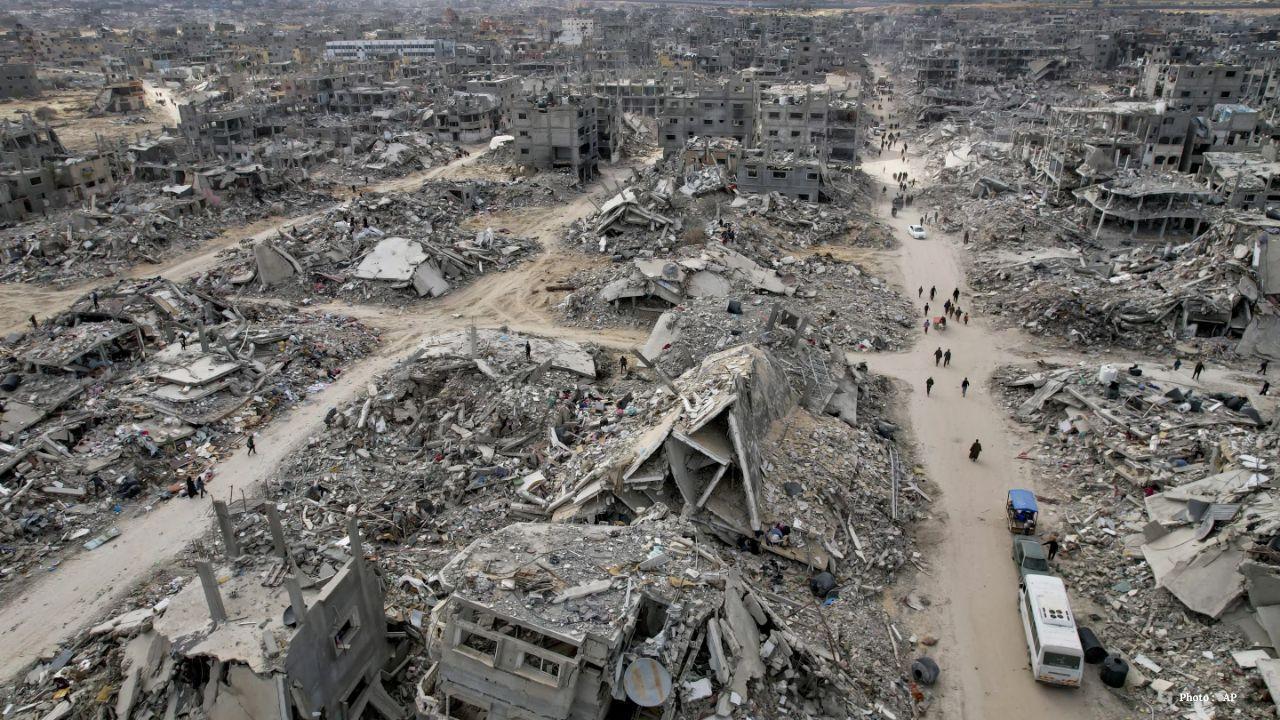

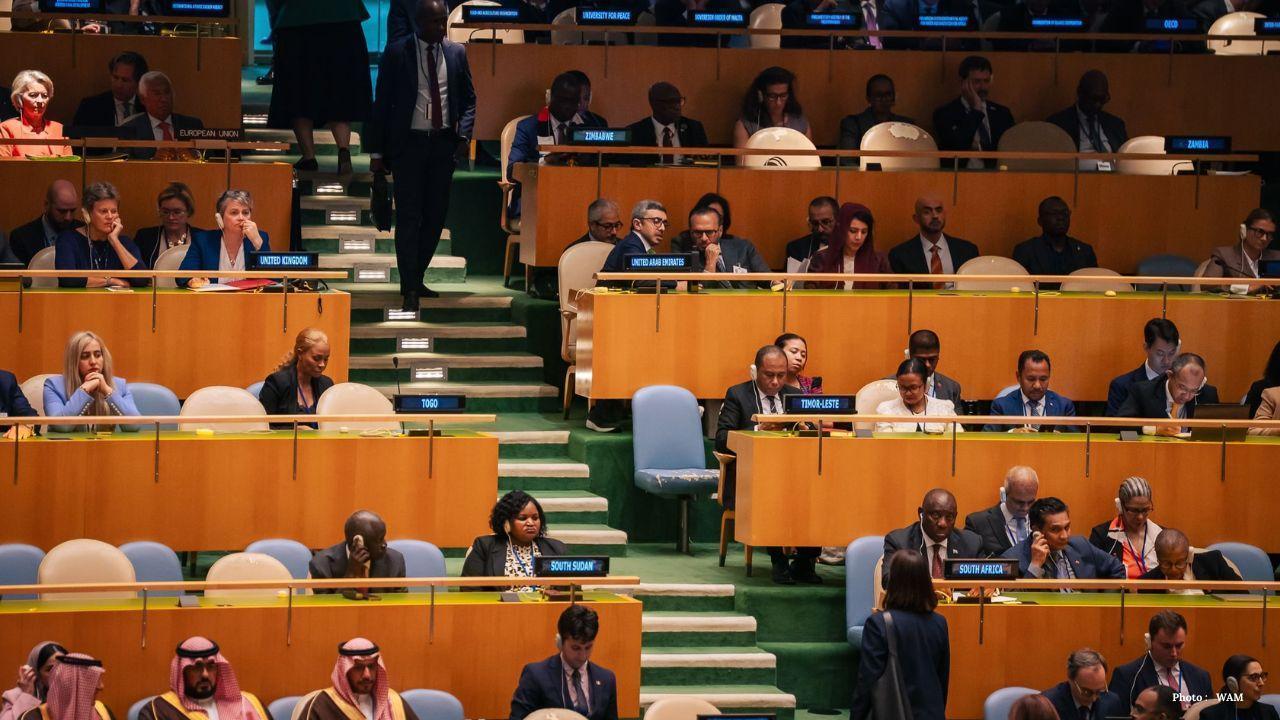
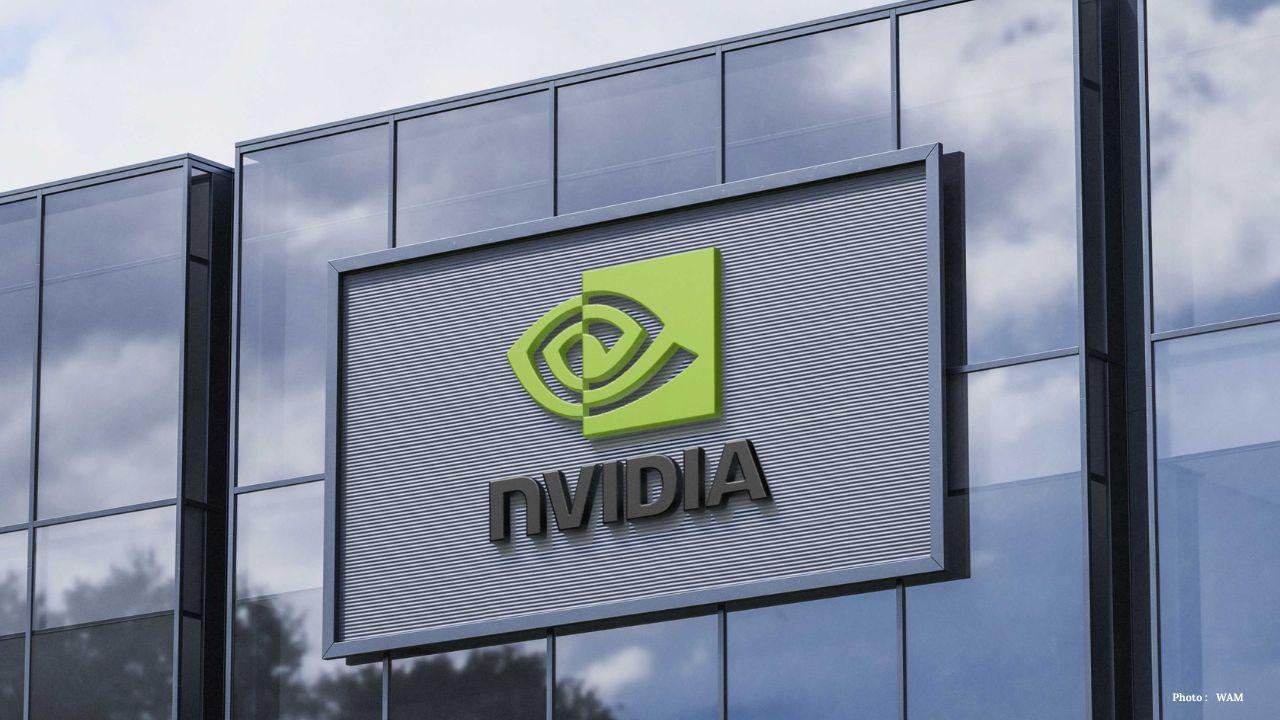

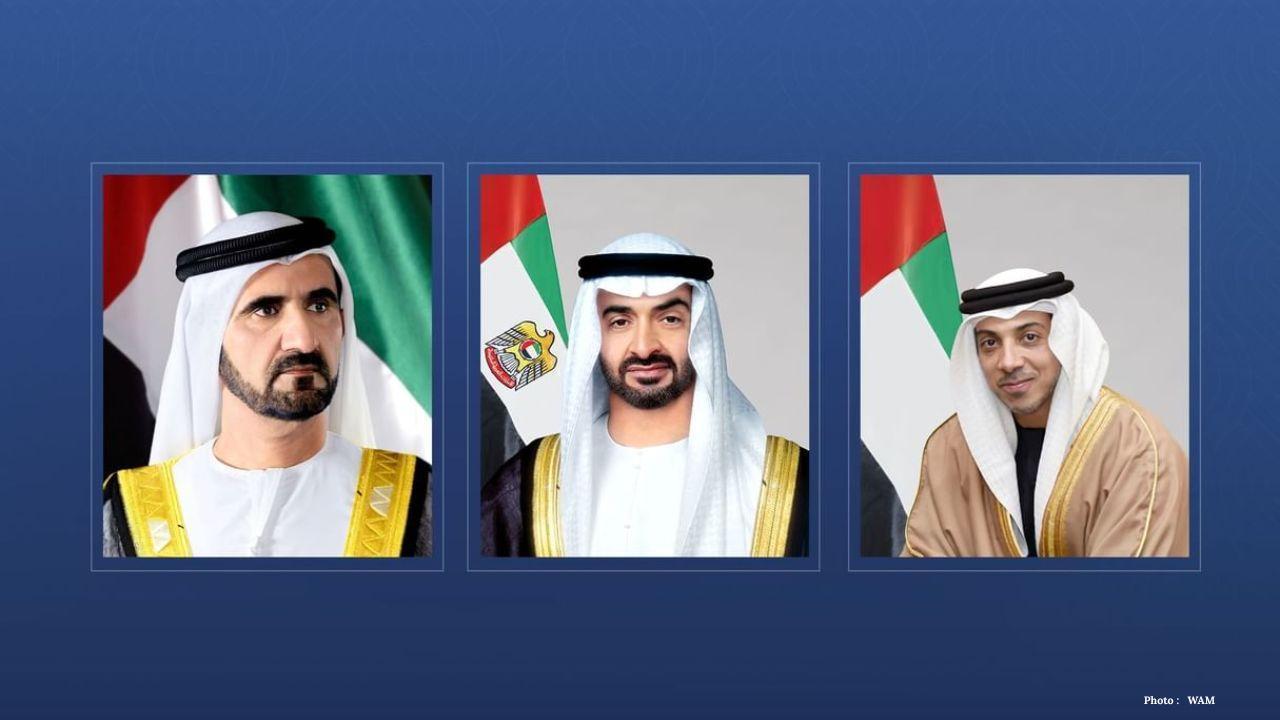


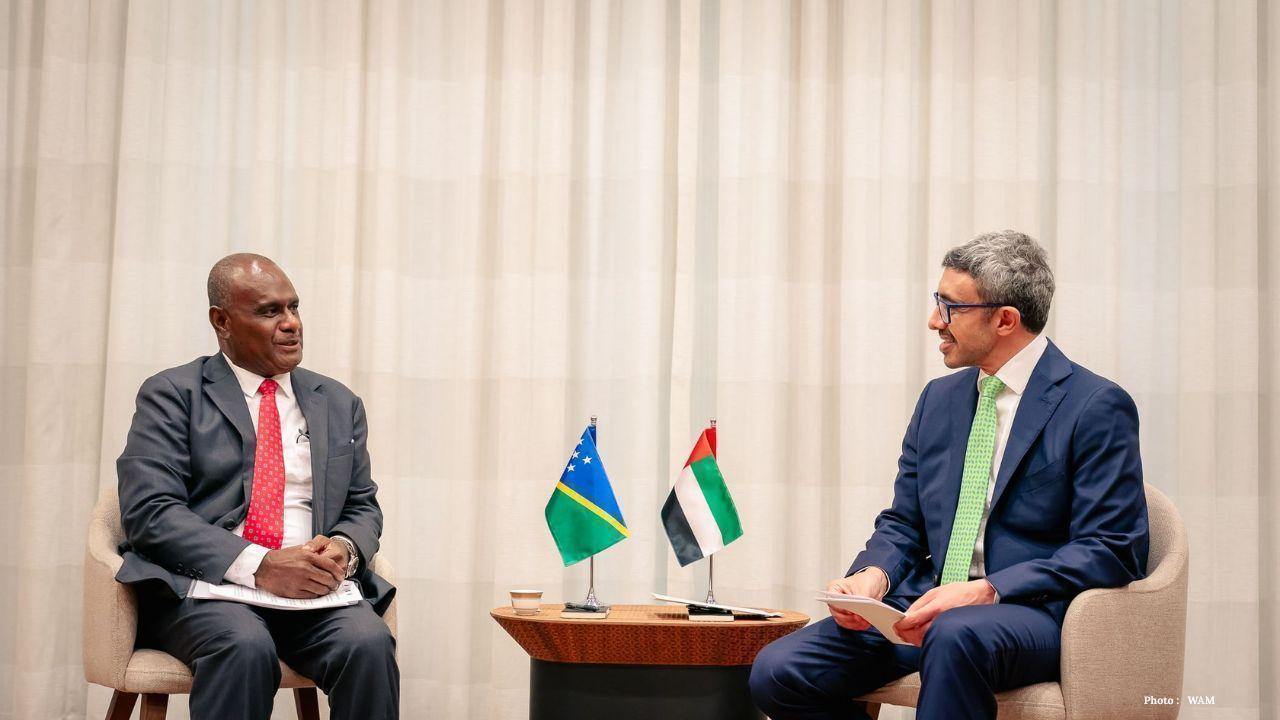

Nvidia to Invest $100B in Massive AI Data Center Project
Nvidia and OpenAI partner for largest AI infrastructure ever, planning $100B investment and millions

Sharjah Free Zone Showcases Gold & Jewellery Hub at Hong Kong Fair
Sharjah’s Free Zone highlights investment opportunities, advanced facilities, and global partnership

UAE Leaders Congratulate Saudi King and Crown Prince on 95th National Day
UAE leaders send warm congratulations to Saudi Arabia’s King Salman and Crown Prince on the Kingdom’

Bruce Pearl Retires as Auburn Coach Son Steven Takes Over
Auburn coach Bruce Pearl retires after historic career, son Steven steps up as head coach to continu
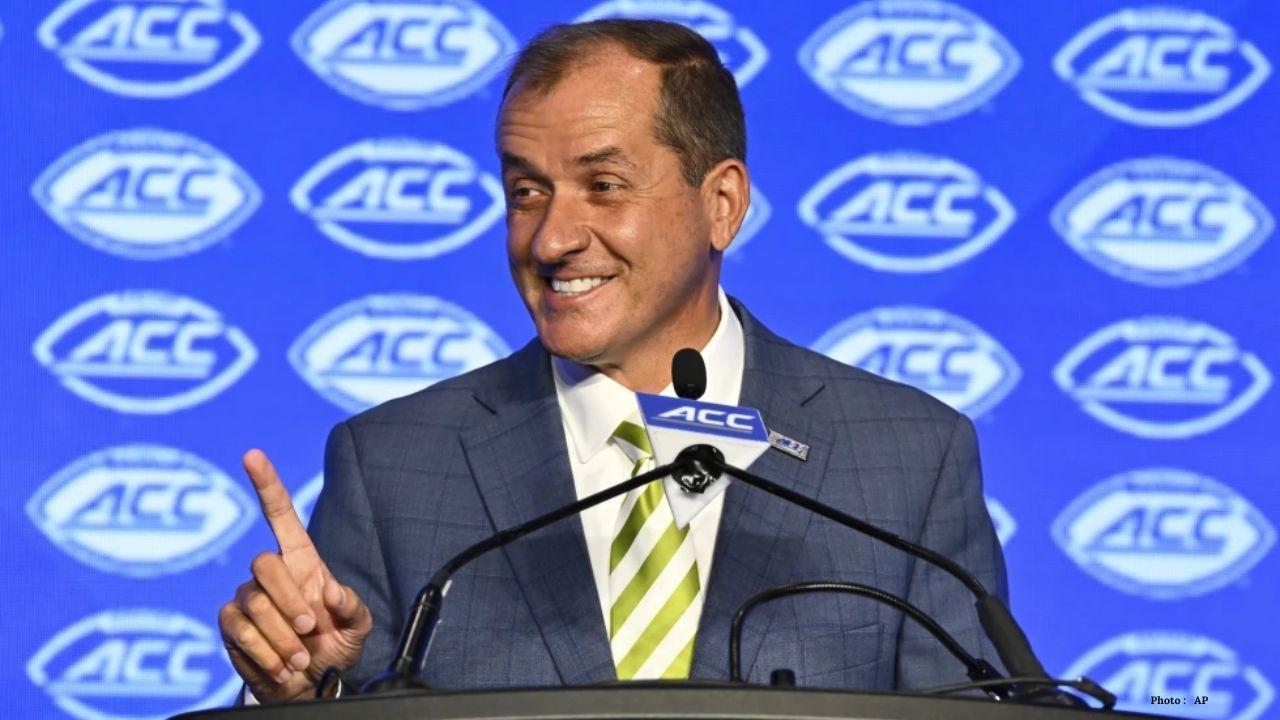
ACC football moves to nine-game schedule in 2025
The ACC will adopt a nine-game football schedule, ensuring at least 10 matches against top power-con
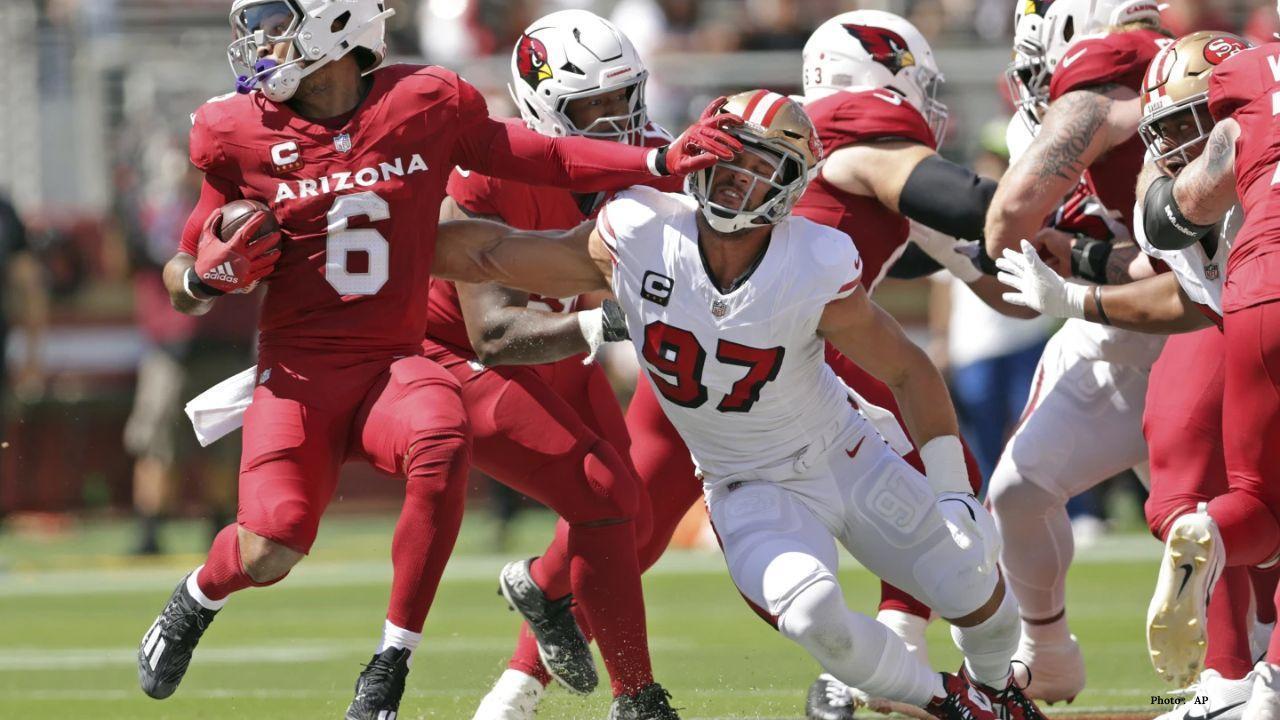
San Francisco 49ers’ Nick Bosa Out for Season with ACL Tear
Nick Bosa tore his ACL ending his season. Key defensive star lost, Niners will rely on rookies and v